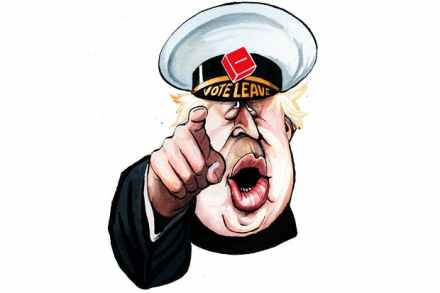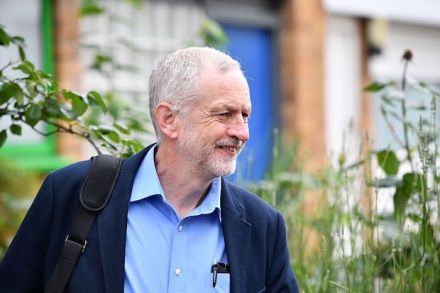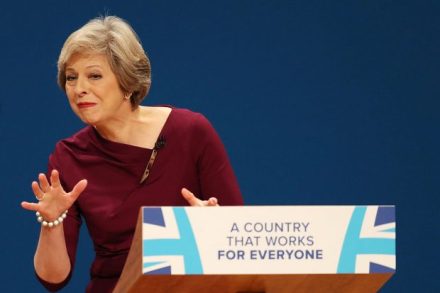Spectator Parliamentarian of the Year 2016: the speeches
The Spectator’s Parliamentarian of the Year awards, sponsored by Benenden, has already made the headlines. What started out in 1983 as a lunch with two dozen people has turned into the British equivalent to the White House Correspondents’ Dinner – where politicians turn up with their best lines, teasing themselves and each other, with results that routinely make the national news. The tone was set brilliantly this year by George Osborne, our guest of honour. His speech was so funny, so searingly sharp, they he set a bar for everyone else. Here it is. Then, the awards kicked off. My own spiel is below – and then that of the winners. George Osborne presented each




















